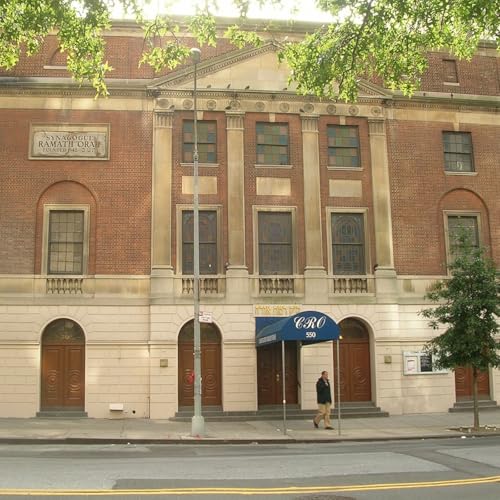
Shemot Ch. 7
No se pudo agregar al carrito
Add to Cart failed.
Error al Agregar a Lista de Deseos.
Error al eliminar de la lista de deseos.
Error al añadir a tu biblioteca
Error al seguir el podcast
Error al dejar de seguir el podcast
-
Narrado por:
-
De:
Exodus 7 marks a dramatic shift in the Exodus narrative, presenting the third and most theologically weighty version of God’s commission to Moses and Aaron. Unlike earlier iterations that emphasized God’s compassion for Israel’s suffering or His fidelity to the patriarchal covenant, this chapter reframes the mission as a cosmic confrontation between God and Pharaoh. Israel’s liberation is no longer the central objective—it becomes the byproduct of a larger struggle over who truly governs the world. By hardening Pharaoh’s heart and multiplying signs and wonders, God ensures that the coming plagues will expose the limits of Egyptian power and force a fundamental recognition: “Egypt shall know that I am the Lord.”
The chapter argues that Pharaoh’s regime embodies an “anti-creation” ideology that threatens the divine project begun in Genesis. By deifying Pharaoh, reducing humanity to a rigid hierarchy, and attempting to extinguish Israel—the bearers of the divine image—Egypt represents a return to the totalitarian distortions seen before the Flood and at Babel. This is why God cannot simply extract Israel in one miraculous moment; the crisis is not merely political, but cosmic. The plagues dismantle Egypt’s theology piece by piece, demonstrating God’s authority over the very forces Egypt worships. Chapter 7 thus inaugurates a theopolitical battle for the meaning of creation itself and sets the stage for the Exodus as a restoration of the divine image and the reassertion of God’s sovereignty within human history.


